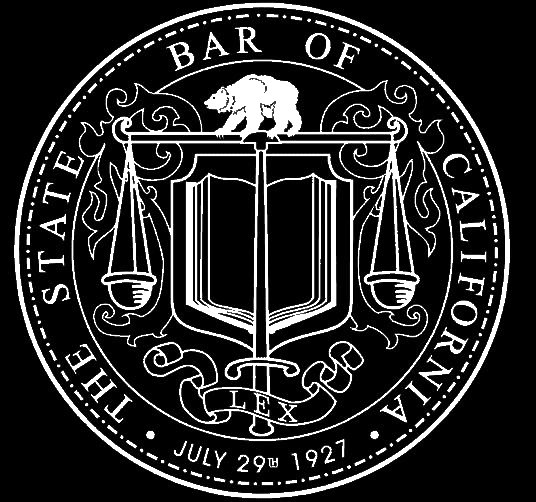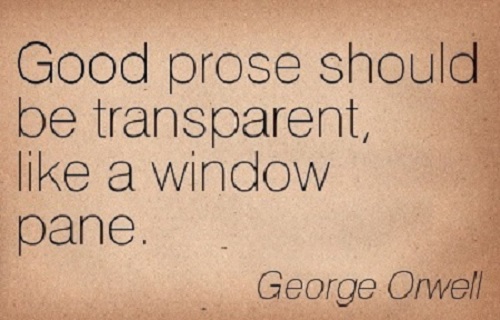
by tbroodryk | Jul 3, 2013 | Featured Slider, This makes for interesting reading
Legal writing combines artistry and wisdom: weaving critical facts into the fabric of legal theory coupled with knowing the most effective way to communicate so that the finished product fits the needs of your audience. Nineteenth-century English theologian Charles Haddon Spurgeon got it right when he said: “Wisdom is the right use of knowledge. To know is not to be wise. Many men know a great deal, and are all the greater fools for it. There is no fool so great a fool as a knowing fool. But to know how to use knowledge is to have wisdom.”1
(more…)

by tbroodryk | Jul 3, 2013 | Featured Slider, This makes for interesting reading
46 University of Pittsburgh Law Review 149 (Fall 1984)
Pamela Samuelson[+]
Copyright 1984 by Pamela Samuelson
George Orwell once wrote that `[g]ood prose is like a window pane.’[1] What I take Orwell to have meant by that remark is that when people read good prose, it makes them feel as if they’ve `seen’ something (whatever the author was trying to convey) more clearly.[2] Put another way, if a writer can induce his or her reader to feel that the reader would have come to the same conclusion that the author reached had the reader done his or her own investigation of the subject matter, the writer has achieved a kind of `window pane’ effect on the reader.
(more…)

